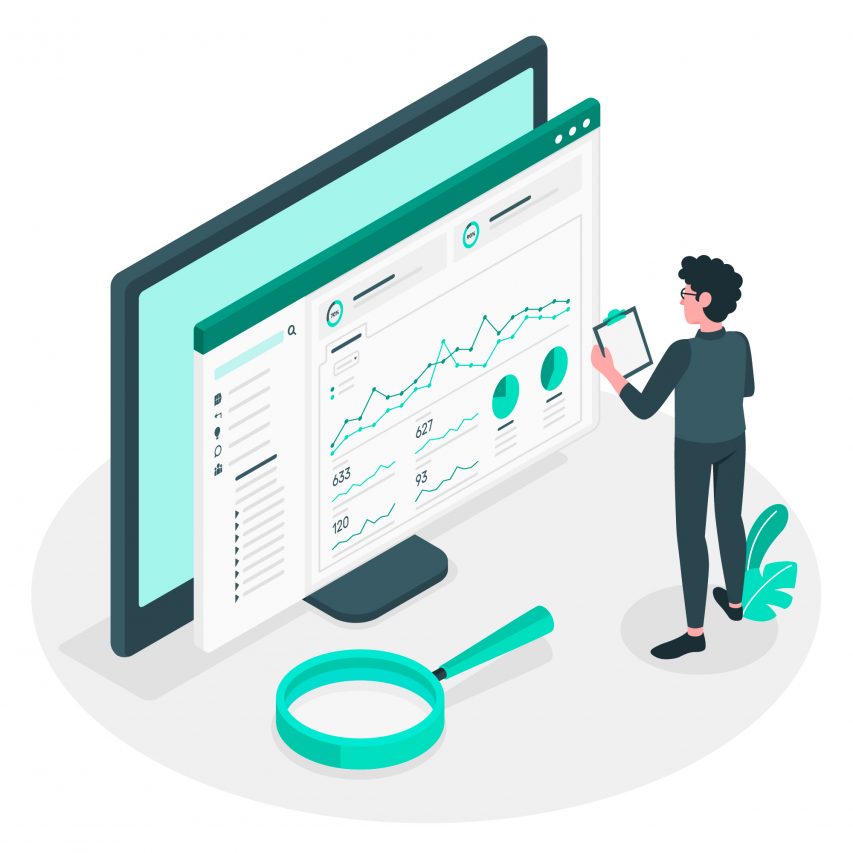5 Types of Digital Marketing Methods You Should Consider

Digital marketing isn’t going anywhere and whether you’re a large business or a start-up, It’s a journey where adaptation isn’t just a choice but a necessity to thrive. Digital marketing has emerged as the driving force behind successful online ventures, offering an array of strategies to connect with a global audience.
In this blog, we’ll provide you with the different types of digital marketing methods to consider in your business strategy and their pros and cons.
1. Search Engine Optimisation (SEO)
Let’s start with the foundations of digital visibility—Search Engine Optimisation (SEO). It’s the art of enhancing a website’s visibility on search engines, ensuring that your business is present online to potential customers. Through strategic keyword optimisation, on-page enhancements, and the cultivation of high-quality backlinks, businesses aim to climb the ranks on search engine results pages (SERPs). The goal here is to organically attract and engage users who are actively seeking products or information related to their industry.
Benefits:
Organic Visibility: SEO enhances organic visibility, ensuring sustained traffic over time.
Credibility Boost: Higher search engine rankings lend credibility to a brand or business.
Considerations:
Long-Term Investment: SEO is a long-term strategy, and results can take time to materialise, so be patient!
Algorithm Changes: Search engine algorithms can change, impacting rankings and requiring ongoing adaptation.

2. Social Media Marketing (SMM)
In the era of social connectivity, Social Media Marketing (SMM) stands as a potent tool for businesses looking to engage with their audience on a personal level. Platforms like Facebook, Instagram, YouTube, LinkedIn, and others serve as dynamic channels to share content, connect with customers, and build brand loyalty.
Benefits:
Global Reach: SMM provides a platform for global audience engagement.
Targeted Advertising: Paid options enable precise targeting based on demographics and interests.
Considerations:
Resource-Intensive: Consistent engagement and content creation demand time and resources.

3. Content Marketing
Content Marketing takes the spotlight as a strategy that goes beyond promotional efforts, focusing on providing value to the audience. Through blogs, articles, infographics, videos, and podcasts, businesses can establish themselves as authoritative voices in their industry. The emphasis here is on creating content that not only attracts and retains an audience but also nurtures lasting relationships. Effective content marketing builds trust, positions a brand as a valuable resource, and ultimately drives customer action.
Benefits:
Establishing Authority: Content marketing positions a brand as an authoritative voice.
Nurturing Relationships: Valuable content fosters lasting relationships with the audience.
Considerations:
Time-Consuming: Creating high-quality content requires time and effort.
Measuring ROI: Quantifying the direct impact on ROI can be challenging, so be sure to have the correct analytics tools in place to view your metrics.
4. Pay-Per-Click Advertising
For businesses seeking immediate and targeted results, Pay-Per-Click (PPC) advertising remains a robust strategy. Advertisers pay a fee each time their ad is clicked, allowing for precise targeting and visibility on search engines or various online platforms. Platforms like Google Ads, Facebook Ads, and LinkedIn Ads provide businesses with the tools to bid on relevant keywords, create compelling ad copies, and optimise campaigns for maximum ROI.
Benefits:
Immediate Results: PPC delivers quick, measurable results.
Controlled Budget: Advertisers have control over budget allocation and targeting.
Considerations:
Can be costly: High competition can lead to increased bidding costs.
Dependency on Ad Spend: Results will cease when ad spend is halted.

5. Email Marketing
Email Marketing remains loyal in the digital marketer’s toolkit. This strategy involves sending targeted messages to a specific audience via email, with the goal of nurturing leads, promoting products or services, and fostering customer loyalty. Personalised and automated email campaigns can be tailored to different segments of an audience, providing relevant content and offers that resonate with individual preferences.
Benefits:
Personalisation: Targeted and personalised campaigns can enhance engagement.
Cost-Effective: Email marketing often provides a high return on a relatively low investment.
Considerations:
Spam Risks: Overzealous campaigns may lead to emails being marked as spam.
Changing Preferences: Adapting to evolving user preferences is crucial for effectiveness.
The world of digital marketing is vast and dynamic, offering an array of strategies to cater to diverse business goals.
From the foundational pillars of SEO and SMM to the personalised touch of Email Marketing, businesses can weave together a comprehensive digital marketing strategy that aligns with their objectives.
As the digital realm continues to evolve, businesses must remain agile, adapting their strategies to meet the ever-changing needs and preferences of their audience. By understanding and strategically implementing a mix of these digital marketing strategies, businesses can forge a powerful online presence, fostering growth, engagement, and lasting connections with their target audience.
Here are some resources for you to get started:
A how-to guide on boosting your businesses’ online presence
Top tips to ace your digital marketing plan
Get in touch with us to start building your brand and marketing journey…




